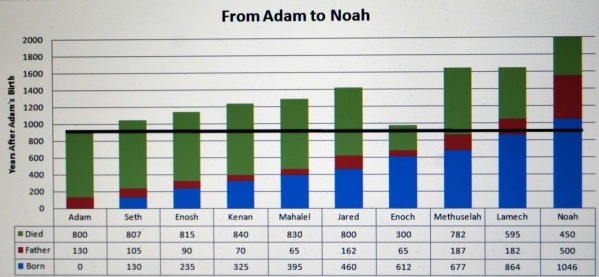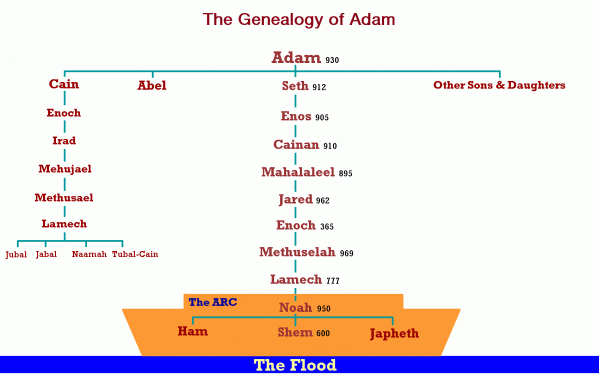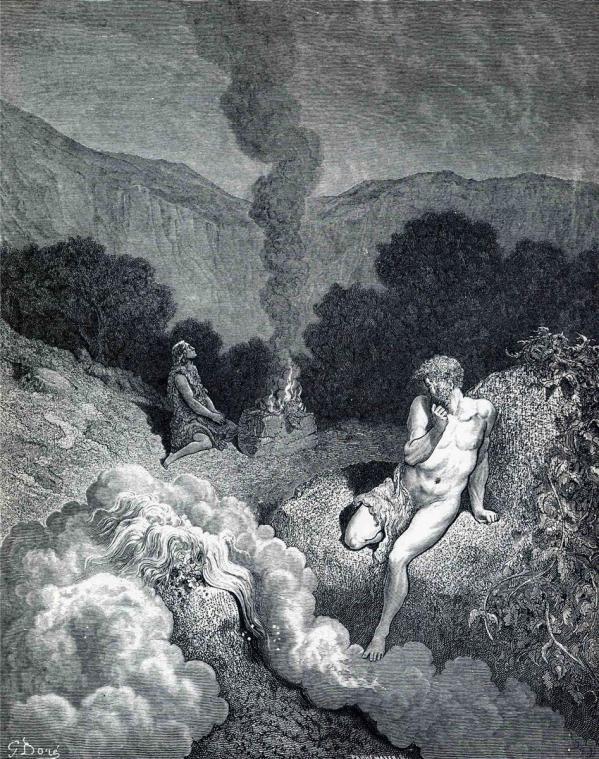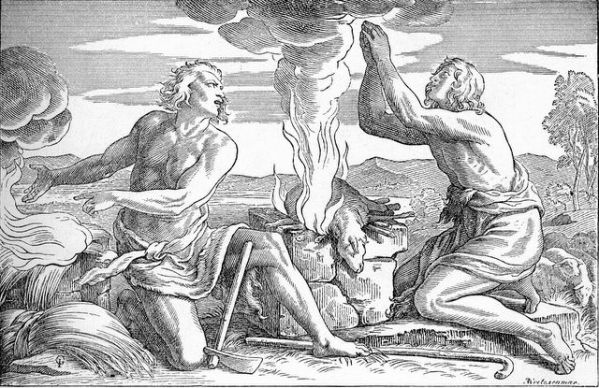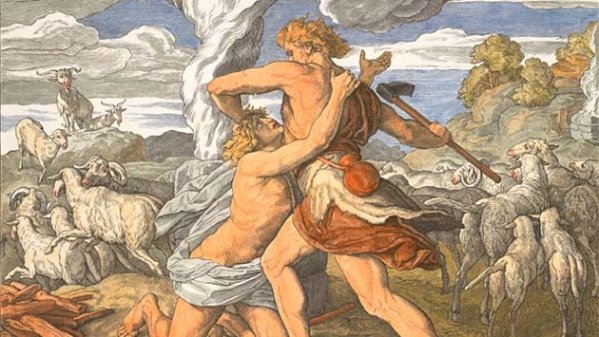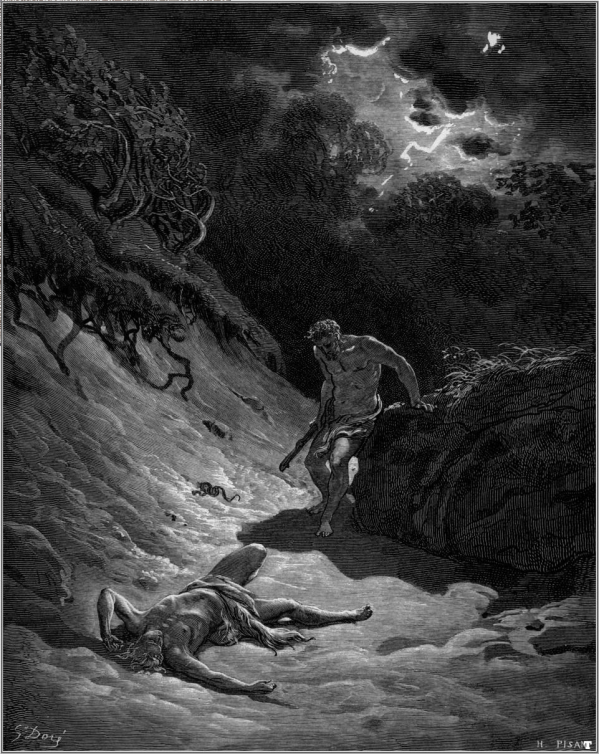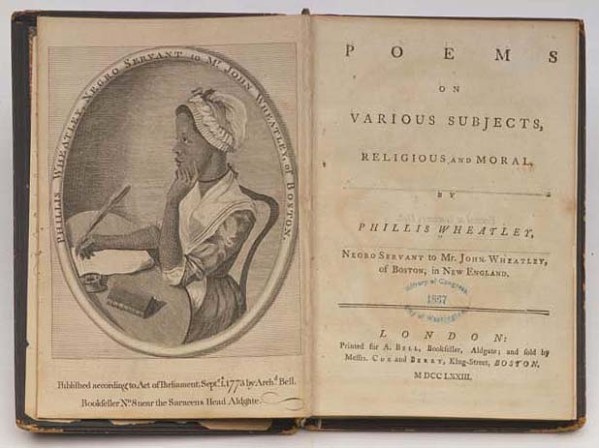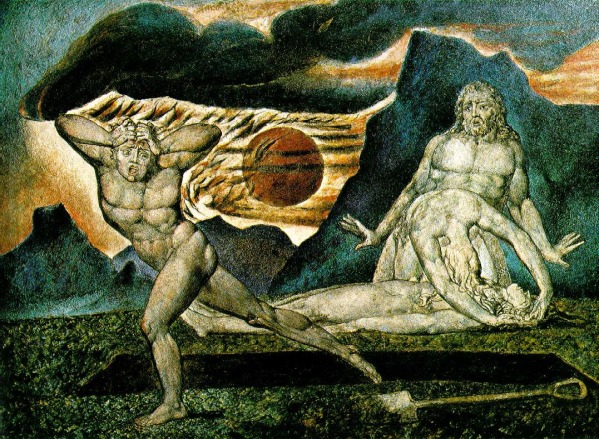At first glance, this chapter may appear to be only a stepping stone between two narratives; a necessary bridge between Adam and Noah. However, I want to propose that all Scripture is important for study, and that even though I’m quite sure I don’t know everything there is to know about this genealogy, there are important concepts to learn in every part of the Bible. Admittedly, genealogies can become quite monotonous, but paying attention to the details can reap rewards.
The chapter begins by telling us what this section is going to tell us. The author has just relayed the genealogy of Cain, and now it will relay the genealogy of his father, Adam. The author then reminds the reader that man was created in the likeness of God. Another thing that is mentioned is that God called them “Mankind”. If we remember the significance of giving something a name, we see that though God has given dominion of the Earth and its creatures to man, He has dominion over us. We are His vice-regents, who rule under his authority. We also learn that Cain and Abel must have been born when Adam was less than 130 years old, because this is the age when Adam becomes the father of their little brother, Seth. Notice it says he had a son in his likeness, and after his image. Because Adam was made in the image of God, this passes to future generations as well. It was not just Adam, but all of humanity which has this quality of being made in God’s image. Adam lived to be 930 years old. And then he died. This was not what he was designed to do, but because of sin, death entered the world. He did an incredibly long life, though.
Over the next few generations that the Bible will list, a pattern will become apparent. It will list how old the person was when he became of a father of the next generation that will be listed. It will then say how many years the person lived after they became a father. Then it will say that they “had sons and daughters”. Lastly, it will do some addition for us and tell us how old the person lived to be altogether, and then end with “and he died”. What can we learn from this pattern? First, we should be aware that this list is not comprehensive, but representative. What I mean by that is that we do not know every branch and every distant cousin on Adam’s family tree. What we have is what we need to have. This is the line that Christ will come from. It is also the line that we all will come from. Second, we learn that people are living an incredibly long time. I almost want to skip over this because I’m not sure how to account for it other than the progressive nature of sin. Lifespans are continually shortened throughout Genesis until the lifespans get short enough that we start to recognize them as moderns as average lifespans. Third, these men are producing families that are quite large. God gave us a command to be fruitful and multiply. It seems that these generations are doing just that, having sons and daughters. Finally, the Bible recounts that none of these men escape the curse that sin brought into the world; death. Death is actually one of the most prevalent themes in this chapter, with one glaring exception.
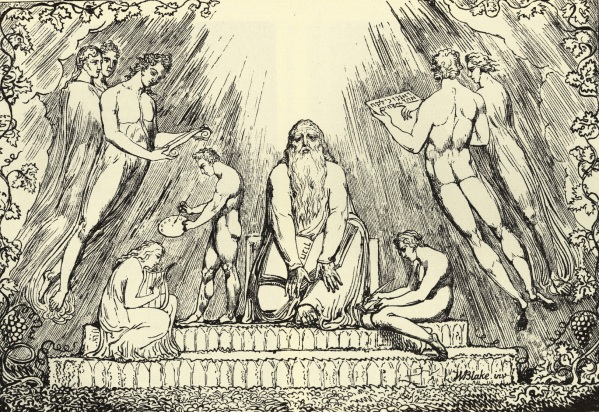
Seth becomes the father of Enosh; Enosh of Cainan; Cainan of Mahalalel; Mahalalel of Jared; and Jared of Enoch. Enoch stands out because he does not die. His description has a few key features. The Bible takes care to mention that Enoch walked with God. He becomes the father of Methuselah at the young age of 65. But what does it mean that he walked with God? Does it mean that he’s the only one? Or could it mean that he walked with God in a more meaningful way? I think for this question I will have to say that I do not know. I do know that in a real and meaningful way, Enoch seems to be in close communion with God. Close enough that at only 365 (a very middle-aged life during the time), the Bible says that he was not because God took him. This is incredible. Enoch seems to have spent so much time walking with God that God decided to whisk Enoch away from the Earth. I’m not sure exactly what it means that God took him, but I know that it was a result of his good relationship with God. Whether this means that he did not die and was taken to Heaven, or that God decided to call Enoch home and he died, I am mostly satisfied knowing that the Bible mentions Enoch favorably, and that he had a relationship with the Creator even though he too was marred by sin.
His son Methuselah becomes the father of Lamech. Methuselah lives longer than any other person recorded in the Bible. He eventually does die just shy of becoming a millenarian (I made that term up) at the age of 969. Now who is this Lamech? I thought we read about him in Cain’s genealogy. In fact, we did. However, I believe this is a different Lamech. Enoch was actually a name found in the Cain family tree as well, but I believe this is a different person as well. If you look at the graphic at the top of this post (which contains some misspellings), you will notice that many of the names are similar, if not the same. Cain is similar to Cainan. Enoch is the same as Enoch, and similar to Enosh. Irad is similar to Jared. Mehujael is similar to Mahalalel. Methushael is similar to Methuselah. This makes a lot of sense. These people all live in the same geographical region, and we can expect that the names of that region would be related. It’s all in the family.
Lamech becomes the father of Noah and says, “This one will comfort us concerning our work and the toil of our hands, because of the ground which the Lord has cursed.” Noah would bring comfort by living a godly life. He would be the man chosen to survive the great flood sent to judge the wicked Earth. Through Noah, all future generations, but more importantly, the Messiah, would come. Noah is stated to be 500 years old, and he becomes the father of Shem, Ham, and Japheth.
This incredible genealogy teaches us that God is still mindful of man, providentially guiding the family through which He would eventually be born. We learn that the effects of sin are passed from generation to generation, bringing the death that the serpent said we would surely not experience. We learn that in the midst of evil, there were a few men of this time, most exceptionally Enoch, who walked with God. Lastly, this is not exactly super important, but it is intriguing to me. I had never thought about the fact that Adam only missed Noah’s birth by 126 years and was around when his great great great great great great grandson Lamech turned 56. Lamech would become Noah’s father when he was 182 years old. Again, nothing Earth shattering, but interesting to think about.